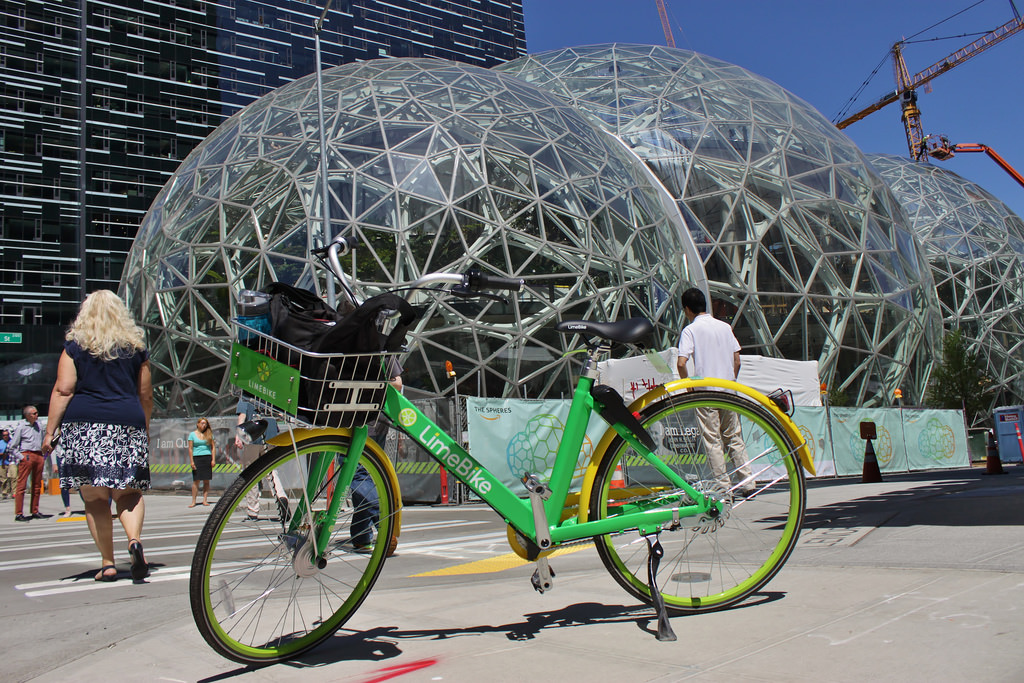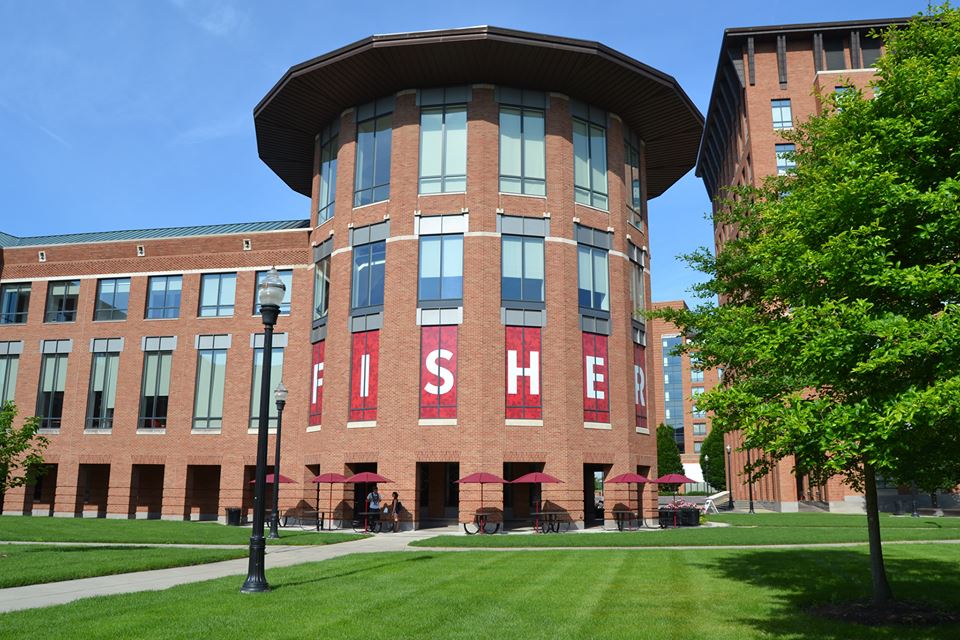Chicago might not have ideal weather for cycling year round, however, a new wave of dock less bike sharing (aka DoBi) startups means citizens will soon be able to get from A to B in a greener fashion, with more options of who to ride with. Around the world, bike schemes have grown dramatically in popularity with numerous startups fighting to claim their stake in the large market potential. For example, Beijing-based DoBi provider Ofo earlier this year raised $450 million from investors, while LimeBike, a San Francisco competitor which is less than a year old, attracted $62 million. In other parts of the world, such as India, these schemes have attracted attention, not only as a useful form of transportation but also as a method of reducing air pollution which is engulfing many densely populated cities. Closer to home, cities like Seattle have set a shining example of how a failing government scheme can be transformed into a functional system using innovation and competition. This includes competition between the aforementioned Ofo and LimeBike. Now, both companies have their sights set on Chicago, poised and ready to take on America’s 3rd largest city. According to Chicago Business, Ofo plans to pragmatically roll out bikes across the city starting with 300 bikes for library patrons next spring in the Far South Side community of Riverdale, Chicago. While Ofo might have a slight head start, in October, LimeBike announced it had raised $50 million to expand its dockless system into more cities. However, before they try to dominate the market they will have to compete with the already established competition, such as Motivate and the non-dockable government run Divvy system. The influx of bikes in the city has already been met with criticism. This is due to the fact that many of these bikes are not dockable, therefore mischievous and unhelpful citizens can leave them in numerous places, either as a joke or out of spite. As this picture from Twitter demonstrates, some people just have too much time on their hands, which is bad news for DoBi schemes.
Speaking of a good sign. What is the message, stop bikes #seattle #traffic At least it’s not a tree pic.twitter.com/ou6AHcILbs
— Herbie Seattle (@Herbie_Seattle) November 3, 2017
On top of this, there are fears the new competition will eat into Divvy’s revenue that it receives through advertising. Chicago Business reported this overall figure to be at $7.2 million in 2016 thanks to bike station advertising Blue Cross & Blue Shield of Illinois sponsorship. Nonetheless, the timing is perfect for these schemes to swarm into Chicago, thanks to its recent introduction of stricter laws surrounding taxi aggregators such as Lyft or Uber. In light of this citizens will need to find alternative modes of transport, and a bike might be the next best option.









